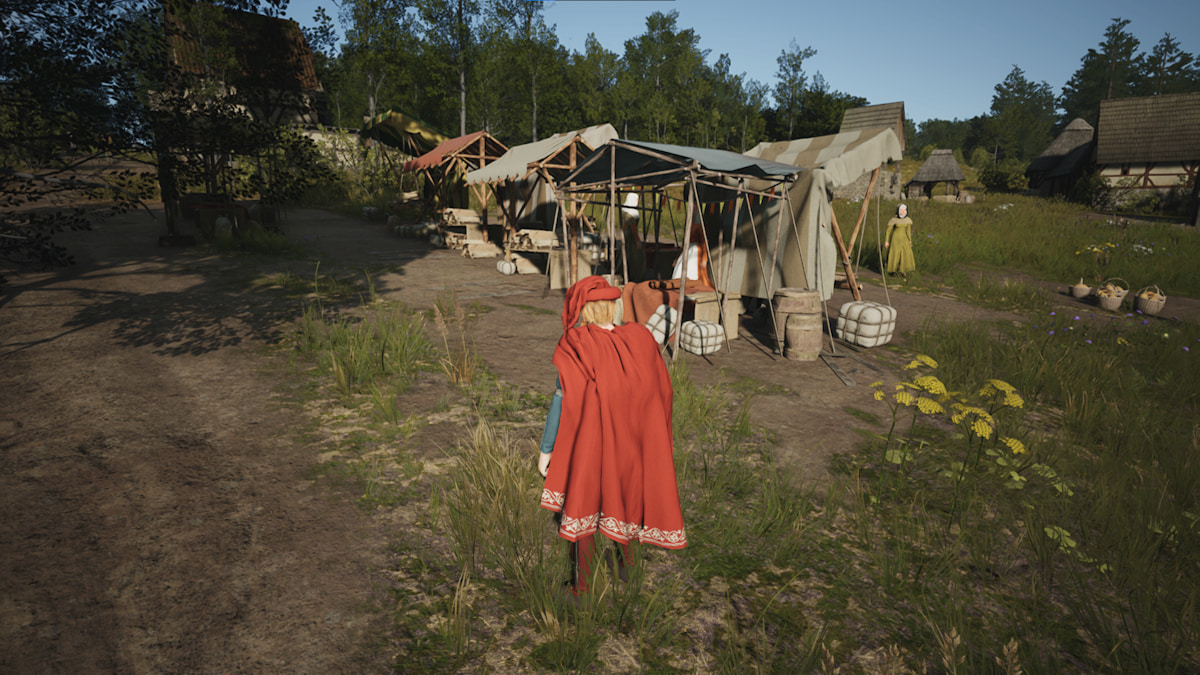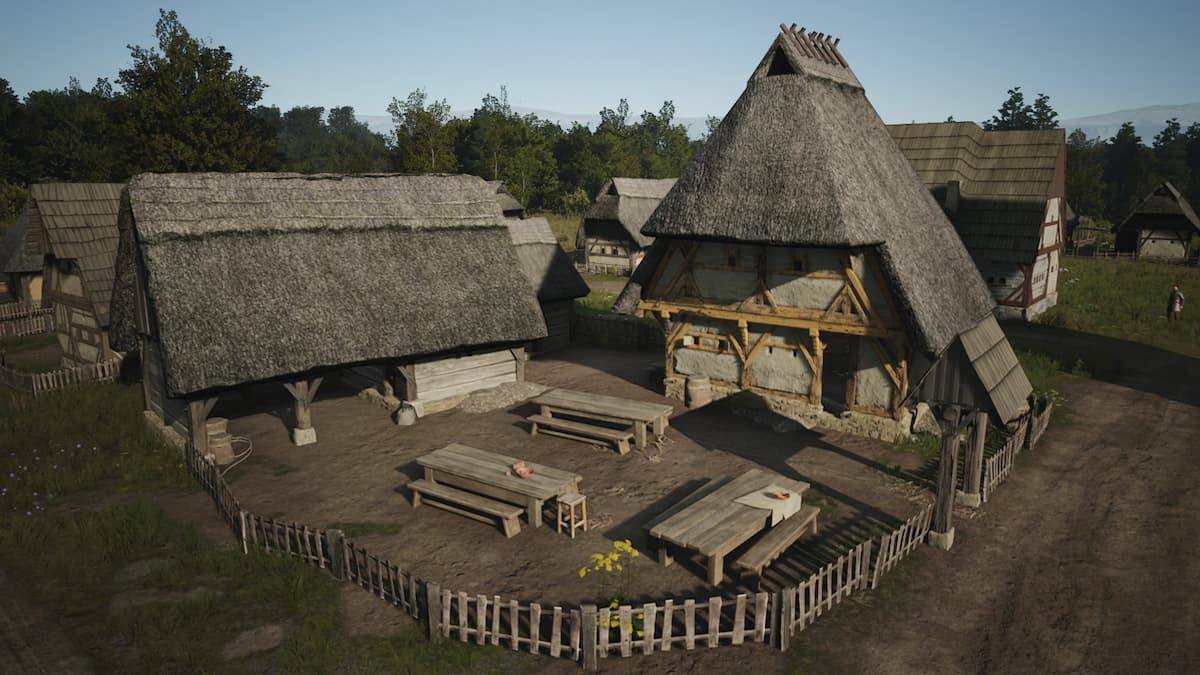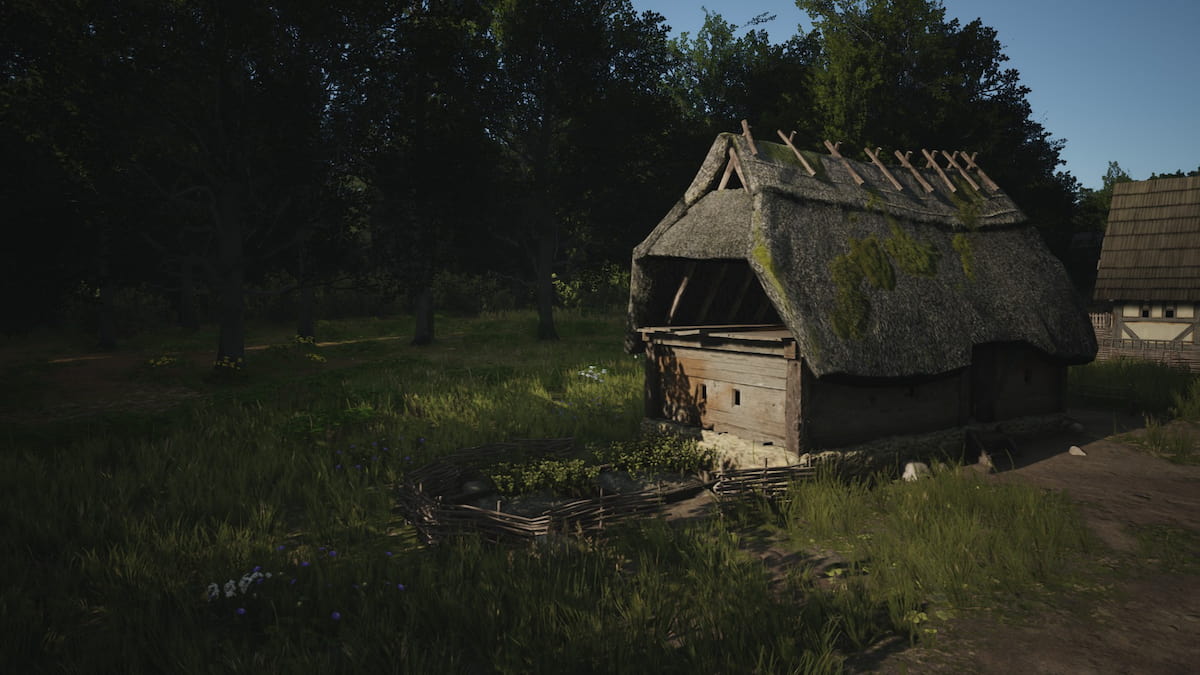The Treasury contains your personal money that you build up as you play Manor Lords. It’s a resource you can amass at the expense of your villagers, and accumulating and maintaining your Treasury can be challenging.
Because the money comes directly from your villagers, the Treasury won’t be available immediately. There are a few things you need to set up before this happens. You should try to reach this point relatively early in your Manor Lords game, but not so quickly that you discourage your villagers from working or offering taxes.
How to get a Treasury in Manor Lords

You can only begin working on and increasing your Treasury after constructing a Manor. This building is underneath the Administration category of your building menu, requiring you to have five Timber, 20 Planks, and 15 Stone. You may need to construct a Stonecutter camp to gather the stone, but the Planks require you to build a Sawpit. After this, you can set the Manor down in any part of your town in Manor Lords.
You can add to your Treasury by taxing your villagers. Taxes are problematic because they directly lower your population’s Approval rating. The more taxes you set, the lower this number goes, making collecting any form of taxes more difficult. You need to strike a good balance between having a decent level of taxes to build up your Treasury without making villagers angry. If they become too angry, your approval rating goes below 50%, so you can’t add new villagers to your region.
You balance out the taxes on your Manor by clicking the building and then navigating to the Taxes tab. Here, you can see the many unique taxes you can place on your villagers and other resources in Manor Lord. The most common are the Land Tax and Tithe. The Land Tax is the money your Treasury receives based on your village’s Wealth. If you don’t have a reliable source of Wealth for your villagers, having a hefty Land Tax isn’t a good idea. You’re better off focusing on the village’s Wealth before working on this.
The Tithe is slightly different, though. This is based on the percentage of surplus food that your village has, which they give to the Church for Influence. You need to build a Church somewhere in your village to take advantage of this, which means if your town has a large surplus of food, it might be the best route to build up your Treasury in Manor Lords slowly—but do expect a slight loss of approval, as no villager enjoys taxes.
All Taxes and how they work in Manor Lords
You can collect taxes from your Manor in Manor Lords in seven different ways. Here’s a breakdown of each method and how you can take advantage of them.
- Land Tax: The Treasury you earn when from your village’s Regional Wealth.
- Tithe: The tax collected from surplus food given to the Church. Make sure to build a Church.
- Trade Tax: The amount acquired from your village’s Regional Wealth based on transactions from your Travelling Merchants.
- Mercenary Tax: The amount of Regional Wealth used to cover the cost of Mercenary Companies, but you need them to not lose approval.
- Citizen Tax: The amount you receive from Regional Wealth based on the number of Burgages at plot level three.
- Banalities: The amount you receive from Regional Wealth your villagers receive from grinding 100 Grain into Flour.
- War Tax: The amount you can get from Regional Wealth when you are at War.
Land Tax and Tithe are likely the easiest to get at the beginning of Manor Lords, but as you progress through the game, other taxes become much more viable, like Trade Tax. You don’t want to lean too heavily on one tax, and it’s beneficial for you to find ways to assist your villages in gaining as much Regional Wealth as possible, where they’ll directly provide you with income.











Published: Apr 26, 2024 08:03 am